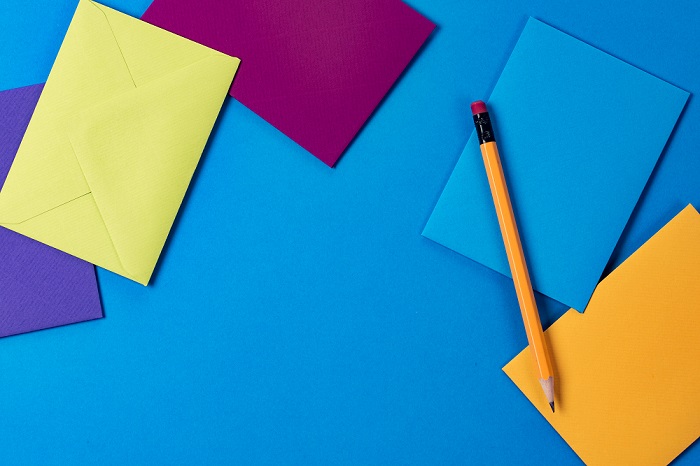11 easiest GCSE revision tips for students
Posted on the March 26, 2021 10:57 AM
It's not quite easy to find a good approach in order to get setup for GCSE examination. Most student do not adopt the best approach when ever it comes to studies. Some will wait for exam periods before getting their selves in to exam mode or others may even be studying continuously without setting up particular goals or a study plan. As people setup a particular architecture plan about what the should or ought to do, this also applies in studies. If you don't know how to setup a study plan or organize a study bulletin, here are 11 easiest GCSE revision tips.
GCSE revision tips.
1) Setup your goals
Before diving in to your books and readers, first setup a list of objectives that you wish to attend. For example you can write down the list of topics you wish to cover up, the grades you wish to have in each subjects. Doing this will help you keep track of your studies progression.
2) Create a study timetable
Here it's not all about creating a timetable but following up with the timetable. Timetable will help you to better structure your schedules and also identify subjects that you need to spend more time on. But make sure you allocate some free time in order to relax or practice other things that you like.
3) Use schema or maps to connect Ideas
Trying to retain everything at once is not always the best way cause as you study you will get to discover many other things and it won't be easy to understand immediately. You should consider using schema or maps in order to connect different ideas creating links between these ideas.
4) Understand your learning style
Everyone have his own personal studying techniques. Understanding your learning style is really important. Once you get to know whether you are kinesthetic, auditory or visual learner, it will help you to develop the necessary techniques you will need in order remember and recall information easily.
5) Adopt a different study method for subjects.
Many students try to study different subject with the same study method. This is not the best approach to follow because different subjects have different content and equally different approach. For example you cannot study Mathematics the same way as you study Literature, English or French. You should consider using different revision tips.
6) Join or Create A study group
Joining a revision group and participating regularly will also level up your revision progression. You will learn faster and easier with people than working on your own.
7) Take regular Break
Revising is important as well as your health. There is no point in forcing yourself to study over and over if you feel stressful or tired. Cause at the end you won't get any positive result. In addition, your brain will become tired and you will easily lose focus, meaning you will not be actually revising effectively. Taking regular break and practicing some exercise will help relax your brain and improve your study performance
8) You should practice, practice and practice again
Lookout for past GCSE examination papers and solve as many papers as possible. Solving pass GCSE papers will help you get familiar with the exam schema that is the format, question style, time.
9) Use a Revision Application.
One of the 11 easiest GCSE revision tips is using an application web or mobile dedicated for studies only. This platform may also include forum, past papers, notes which will permit students to help and exchange information with each other.
10) Take online Quizzes
Sometimes it may be boring to setup your own question then answer them back. One interesting way to revise for your GCSE exam is taking online quizzes on platforms such gcequiz. You will find question in different level and of different type. Testing your level like this will greatly help you to measure your progression.
11) Revise in a Suitable Environment
You need a comfortable and quiet place in order to be more concentrated. Find a place where you won't be distracted maybe a library or your room. But if you are in your room make such you have a table and chair cause if you study on your bed you may fall asleep or get distracted easily. Equally if you have TV or Radio make sure to turn them off. But some students tend to study with music in this case I recommend instrumental or classical music. Most of all do not forget to turn your phone off if you won't use it for revision purpose.


